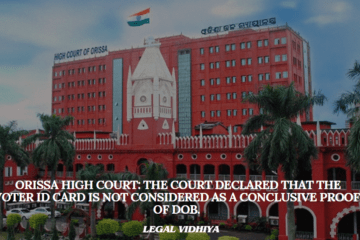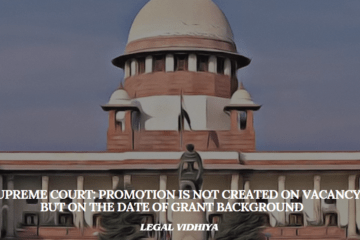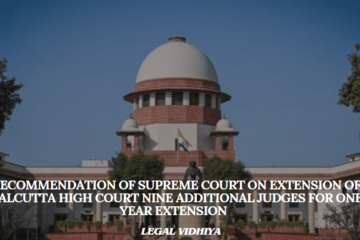
In a recent and pivotal statement, Supreme Court Justice Sanjay Kishan Kaul underscored the significance of the principles of separation of powers and the rule of law in the functioning of a democratic society. Justice Kaul’s remarks come at a critical juncture when concerns about the judiciary’s role in shaping and influencing policy decisions have been gaining momentum.
The principle of separation of powers is a cornerstone of democratic governance. It divides the functions of a government into three distinct branches: the legislative, the executive, and the judiciary. Each branch is expected to operate independently, with specific responsibilities, in order to maintain a system of checks and balances. Justice Kaul emphasized that the judiciary should exercise restraint and avoid intervening in policy matters merely because it disagrees with the policy direction chosen by the legislative or executive branches.
Justice Kaul’s assertion highlights a vital aspect of judicial responsibility—judges are not elected representatives, and their role is not to formulate or enforce policies. Instead, their primary duty is to interpret and uphold the Constitution and the rule of law. While judicial review is an essential tool to ensure that government actions align with constitutional principles, it should be employed judiciously, guided by legal standards rather than personal or political preferences.
The rule of law is another fundamental principle elucidated by Justice Kaul. It stipulates that all individuals and institutions, including the government and the judiciary, are subject to and accountable under the law. In essence, no one is above the law, and decisions must be made in accordance with established legal norms and procedures. Justice Kaul stressed that judicial intervention should be based on well-founded legal reasoning and a clear demonstration of a violation of constitutional or legal principles.
One of the main concerns that Justice Kaul addressed was the potential erosion of public trust in the judiciary when it ventures into policymaking terrain. When the judiciary oversteps its boundaries and interferes in matters of policy, it risks being perceived as a political actor rather than an impartial arbiter of justice. This can undermine the credibility and independence of the judiciary, which are essential for upholding the rule of law.
Furthermore, judicial overreach can disrupt the delicate balance of power among the three branches of government. It may lead to a situation where the judiciary becomes the de facto policymaker, diluting the democratic mandate of elected officials. Justice Kaul’s statement serves as a reminder that the judiciary should exercise restraint and intervene in policy matters only when there is a clear and compelling legal basis to do so.
In the context of recent debates surrounding issues such as environmental regulations, affirmative action, and executive orders, Justice Kaul’s perspective assumes great significance. While these are complex and contentious matters, they ultimately fall within the purview of the legislative and executive branches to address through democratic processes and accountable decision-making.
In conclusion, Justice Sanjay Kishan Kaul’s emphasis on the principles of separation of powers and the rule of law is a timely reminder of the judiciary’s role in a democratic society. While judicial review is essential to safeguard constitutional rights and prevent government overreach, it should not be wielded as a tool to reshape policies based on personal or ideological preferences. Upholding these principles ensures that the judiciary remains a trusted guardian of justice and the rule of law, fostering a robust and balanced democracy where each branch of government plays its rightful role.
RIDHI MITTAL, SYMBIOSIS LAW SCHOOL, INTERN (Legal Journalism)




0 Comments